There are always two sides to every story.
And last week’s news of the New York Department of Financial Services denying Bittrex’s request for a BitLicense is only the latest example. As part of its rejection, the NYDFS put out a letter outlining the Washington-based exchange’s shortcomings chapter and verse. At first glance it’s brutal, noting that the exchange let North Koreans and Iranians onto the platform and cleared accounts with fake names like Elvis and Donald Duck.
But there’s more than what meets the NYDFS’ eye, according to John Roth, the chief compliance and ethics officer at Bittrex.
“The frustration you hear in my voice is from the fact that we have no idea where this is coming from,” the former inspector general for the U.S. Department of Homeland Security told The Block in an interview last week.
In a lengthy conversation, Roth outlined the firm’s defense.
Most striking was Roth’s assertion that the NYDFS agreed to grant Bittrex’s BitLicense three months ago. Roth contends the NYDFS then outlined terms that would have required Bittrex to clear all future token listings through the agency, even in jurisdictions outside of New York. Bittrex thought those terms were unfair and declined to sign the deal, according to Roth. “I actually think it is fine for New York to decide what residents in New York can or cannot trade, but restricting what we could list outside of New York is pretty troubling and surrenders strategic business control of Bittrex,” he said.
That raises an interesting question: What changed between three months ago and last week? Roth said that’s for NYDFS to answer. One source said that the NYDFS was pissed Bittrex didn’t respond to their terms and retaliated in a heated letter.
Even bitcoin skeptic Grahm White agreed that such a deal could have existed. “From a 10,000 foot perspective, I believe NYDFS offered them that deal,” he said in a phone interview.
Still, what about those fake names? And the traders from North Korea and Iran — two sanctioned countries? Roth clarified that those fake name accounts were never allowed to trade or conduct any sort of financial transactions.
“What you can do, and I invite you to do this, is put some dumb shit name on Bittrex … that’s going to create a record in Bittrex but you can’t do anything with it,” Roth said.
Another source, a former chief compliance officer at a major broker-dealer, said it was significant that Bittrex was still in the process of automating its transaction monitoring process. “They had a long time to do this,” the person said.
“They’re manually monitoring the deposits that come in to review the source to make sure the bitcoin didn’t come from child trafficking,” the source said. “Chainalysis does this type of analysis and it costs a lot, but you have to do it.”
Following the publication of this report, a Bittrex spokesperson noted the firm leveraged Chainalysis for its transaction monitoring. Still, aspects of it are done manually.
As for those North Korean traders, Roth denied such traders ever existed. In a response letter to NYDFS, the firm outlined how it noticed the Iran-based traders on the site, closed their accounts, and reported it.
Still, as Grahm White noted, both parties could be right here, based on their own interpretation of the data.
“I’ve dealt with multiple exchanges in litigation who unfortunately have been unable to read their own data,” Grahm White said. “So it would not surprise if both parties are right and wrong on this.”
Roth was hit personally in the NYDFS letter. There’s even an entire section devoted to his incompetence, dubbed “Lack of Qualification of Effectiveness of the Compliance Officer.”
Roth wasn’t afraid to hit back at the NYDFS during our phone call. “They sent four people who didn’t know anything about blockchain,” he said referring to NYDFS team. “They took people who didn’t know what an out bound crypto address was, had the impression it was maybe an email address.”








